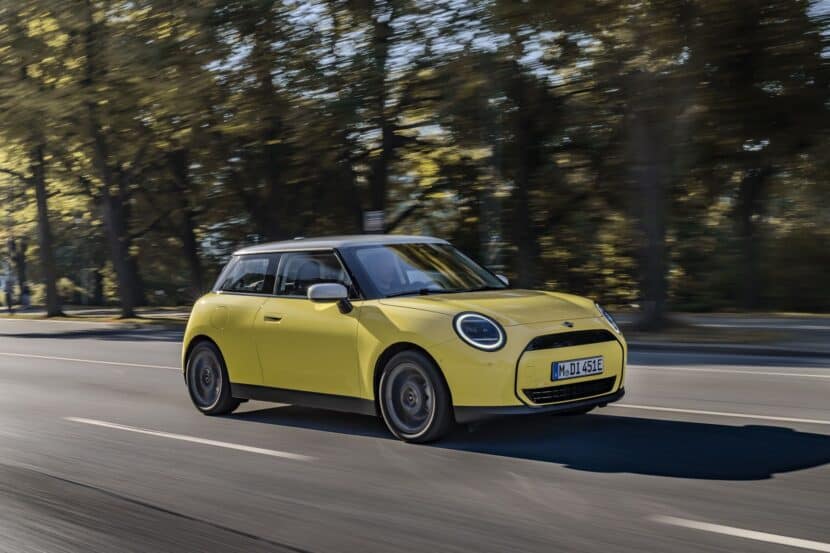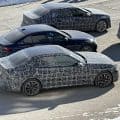MINI’s electric future may take an unexpected turn as BMW’s Neue Klasse technology reshapes the brand’s drivetrain strategy. BMW has revealed new details about its sixth-generation electric powertrain (batteries and electric motors), and an intriguing story is emerging: front-wheel-drive electric BMWs could be on their way out, and MINI could follow suit.
During a workshop in Landshut, BMW shared key insights into the Neue Klasse BEV platform. The company confirmed that its future electric models will feature one, two, three, or four motors—but never a single motor at the front. This decision stems from the technical limitations of BMW’s asynchronous motors (ASM), which lack integrated gearboxes and produce less power than the electrically excited synchronous motors (EESM) which sit at the rear. In a roundtable discussion, Dr. Joachim Post, BMW Board Member for Purchasing and Supplier Network, stated that BMW always aims to extend their new technology across all its brands. Prost explicitly mentioning MINI and Rolls-Royce during the roundtable.
The Future of MINI
MINI has struggled in recent years. After extending its previous front-wheel-drive lineup, the brand introduced a new generation of models, including the Cooper, Countryman, and the all-electric Aceman (J05). MINI also launched the China-built Cooper Electric (J01), but the brand’s long-term strategy remains uncertain. In the early part of this decade, MINI had committed to transitioning to an all-electric lineup in the future, but those plans are now under review, according to our sources. Discussions in Munich suggest MINI might continue offering internal combustion versions of the Cooper and Countryman on the FAAR platform while shifting its electric lineup to Neue Klasse.
One thing that seems to be set in stone for now is MINI’s next-generation electric Countryman (NB5) which will adopt the Neue Klasse platform. This move makes sense given that BMW’s future iX1 and iX2 will also transition to Neue Klasse. However, offering a rear-motor electric MINI challenges the brand’s longstanding identity and DNA. MINI built its reputation on its iconic “go-kart” handling, a defining trait of its front-wheel-drive models. Shifting to rear-wheel drive would be a radical departure from the formula that has set MINI apart for decades.
ICE and EV – With Two Different Approaches
MINI could choose to split its lineup. Traditional FAAR-based MINIs would continue catering to purists who prefer the familiar front-wheel-drive experience. Meanwhile, Neue Klasse-based electric MINIs could attract modern buyers looking for increased power, rear-biased driving dynamics, and a performance edge closer to BMW’s DNA.
A rear-wheel-drive MINI electric vehicle may sound unconventional, but it could redefine the brand’s driving experience rather than compromise it. One thing is certain for now: the MINI brand does need a jolt.








































































